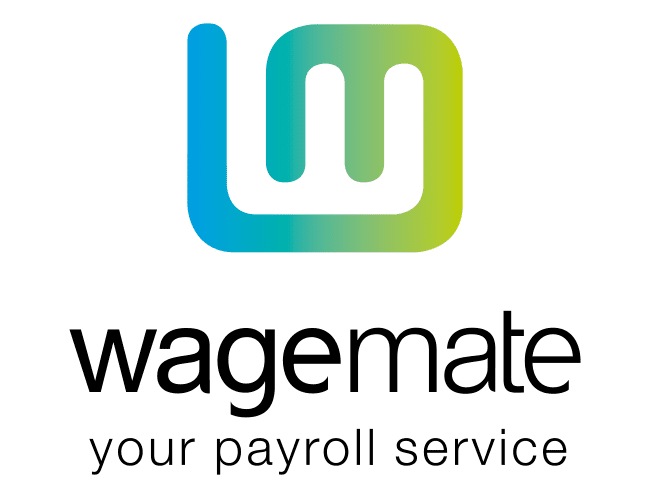How To Avoid Getting Caught Out By An HMRC Audit
No matter how big or small your company is, or how complicated your finances, at some point you are likely to face an HMRC audit to check that your company finances are tax compliant.
While this is bound to be stressful no matter what you do, some simple preparation with the help of Wagemate’s services can help put you in a much stronger position. If and when that letter comes through your door, you will be ready to face an HMRC audit without too much fear of penalty fees and interest on unpaid taxes.
1. File on time
The first thing you can do is to make sure you file your correctly filled out accounts and other mandatory returns on time. If you meet all your obligations without errors, it sends the right kind of message to HMRC to help reduce the risk of them deciding to audit you.
Wagemate can help with preparing documents like your P11D form so that you can let HMRC know of any business expenses throughout the year – this is one area in which they have a history of taking swift and punishing action on any errors or late filing.
2. Keep records
If your record-keeping amounts to little more than a shoebox full of till receipts, it’s time to get organised, as an HMRC audit will likely expect to see several years’ worth of meticulous records.
Make sure you keep all of the necessary data from recent years and be ready to present it if asked. Being able to do this quickly again helps to show HMRC that you are organised and have nothing to hide.
3. Know your exemptions
It’s important to know exactly what employee expenses are tax exempt, especially under the more recently introduced rules relating to P11D submissions to HMRC.
Again, Wagemate can help when reporting deductible expenses like company cars, childcare, healthcare, travel and entertainment costs.
4. Be accurate
Not all expenses come with till receipts; for example, it might not be enough to reimburse employees for the fuel they use, if they have access to their company vehicle for personal use.
Make sure you use telematics systems or even a simple smartphone app to record the miles travelled during working hours, so that you are only taking legitimate business use into account when calculating expenses.
5. Get help
You don’t have to face an HMRC audit alone – and it’s better to get help on your side as soon as possible, even before HMRC contact you about an audit.
By getting Wagemate in your corner early on, you can be more systematic about recording and filing expense claims and other company finances, so you’re in the strongest possible position if and when an HMRC audit crops up.












